Rabbis Address Holiday Questions and Concerns
Atlanta rabbis share their synagogue’s high holiday plans and concerns about the unpredictable global health crisis.
As the high holidays approach again during an enduring pandemic and COVID cases rise from a new virus strain, the AJT surveyed Atlanta clergy about their plans for services during the holiest time of the Jewish year.
Most of the respondents reported hosting both in-person and virtual services. The Orthodox synagogues are in-person only because of the restrictions against technology on holy days.
Some shuls will offer a service outdoors in tents, many encouraged mask-wearing and at least one synagogue is requiring proof of vaccinations or a COVID test in advance of in-person attendance. Still another is urging congregants who are either unvaccinated or at high risk of illness to “strongly consider” watching the service online from home.
Here are a few examples of what the AJT found when polling area clergy:
Conservative
Ahavath Achim Synagogue, Buckhead
Associate Rabbi Sam Blustin reported the congregation’s “main services would be both in-person in the sanctuary and virtual, and our family programming will all be outdoors in a tent. We will also have hybrid study opportunities throughout the days.
“We will be requiring masks at all times in the building, even for those vaccinated, but as of now, will not be mandating distancing. We are requiring proof of vaccination or a PCR test within 48 hours of the start of Rosh Hashanah and again for Yom Kippur, for all attendees 12+. Masks will be required for those under 12, although at outdoor programming masks will be optional.”
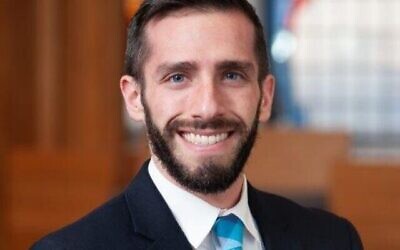
Blustin estimated attendance at 500 to 1,000 in person, about the same as last year, “which is maybe a quarter to a half of pre-pandemic in-person attendance, but it’s really a guess.” He explained further, “The next three to four weeks and the progress of the Delta variant will very much affect those numbers.”
In terms of contingency plans, Blustin said, “If things really were to get bad, then we could move to an entirely online experience with only those leading present in the room, but with vaccinations being so widespread in our congregation, we don’t anticipate needing to take this extra step.
“Depending on the where we’re at, people will opt in or out of the in-person experience based upon how comfortable they feel. Even with a few hundred people, they can be spaced pretty far from each other if they’d like in our sanctuary.”
Congregation Beth Shalom, Dunwoody
Rabbi Mark Zimmerman shared an email the synagogue sent to its congregation last month about its high holiday attendance policy.
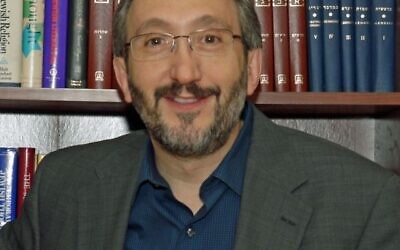
With the new Delta variant causing an increase in COVID-19 cases and hospitalizations in Georgia, “out of an abundance of caution, the Beth Shalom Task Force is now requiring that masks be worn at all times upon entering the building — vaccinated or not. … Although the risk to be diagnosed with COVID is substantially lower when vaccinated, the Delta variant has been shown to transmit to people even with the vaccine.”
In an effort to stay open for services, “we ask that everyone do their part and find a mask you love and show it off at shul!” Services will also be livestreamed.
The choir will be singing this year, the email stated. “They are all vaccinated and will also have a negative PCR test within 48 hours of services in order to be extra cautious. Additionally, they will be staged in front of the sanctuary and have a buffer surrounding them to give some social distancing from the rest of the congregation.
“There will be up to five rows blocked at the front of the sanctuary to provide a barrier from people seated in the sanctuary with those davening on the bimah or in the choir.”
Vaccinations are not required. But to help make informed decisions, Beth Shalom asked congregants to disclose whether they’ve been vaccinated and whether they’ll be attending in-person high holiday services.
Zimmerman added, “Of course the situation is fluid and things can change between now and then…”
Congregation Etz Chaim, Marietta
In a letter to the congregation Aug. 2, Rabbi Daniel Dorsch elaborated on the expression “to love your neighbor as you love yourself.” In light of rising COVID cases due to the variant, which he referred to as a “pandemic of the unvaccinated,” he asked congregants “if you are an adult who is either unvaccinated or if you are immunocompromised (even if vaccinated), that you strongly consider participating virtually only in our community for the foreseeable future.
“I am sending this email nearly a month before the High Holy Days in the event that those of you who have not taken the vaccine, not due to a doctor-mandated medical concern, will now strongly consider doing so in order to be vaccinated in time to join us on the holidays.”
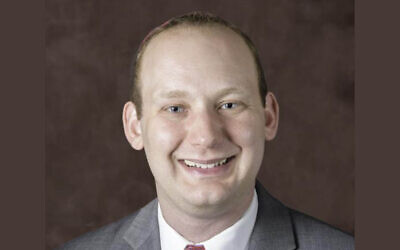
He further stressed, “This request is not intended to be punitive: nor is it compulsory. However, for those of you who take our faith seriously know that it is intended to be a living embodiment of the principles set forth in our holy Torah that remind us of our responsibility to love our neighbors and friends, including the many children who are a part of our community.”
As a follow-up email to the congregation Aug. 6, Executive Director Marty Gilbert wrote:
“At this time, regardless of vaccination status, we are requesting that masks be worn by everyone when you are in the building. Masks may be removed when you are seated and eating during Kiddush lunch. Masks may be removed if you are fully vaccinated on the bima for those who are speaking/chanting or for aliyot, based on the comfort level of the participant.”
Orthodox
Congregation Ohr HaTorah, Toco Hills
At Orthodox synagogues such as the congregation Rabbi Adam Starr leads, services are only in person because of the prohibition against technology on holidays.
“As of now we will have options for a masked service for those more comfortable and a masked-optional service,” Starr responded to the AJT query. “We will also have a tent for an outdoor service. We have sent out a survey to assess the interests of our congregants. Having multiple services will enable us to not have packed services. It is possible as things evolve, we may require masking indoors as guided by our medical committee.”
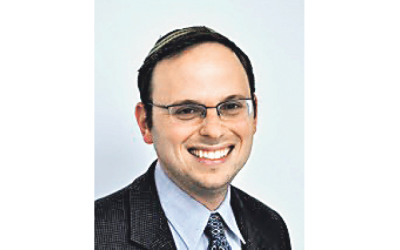
As a side note, he added, “If you asked me these questions a month ago, I would have responded: completely back to normal. It is a very fast and changing world we’re in these days.”
His primary concern is “that the pandemic reaches a level to which people need to stay home from shul.” In terms of contingency plan at this point, he said, “Everything is a contingency plan as we are prepared to adjust as necessary as the situation evolves.”
Chabad Intown, Atlanta
Services are also in-person only at Chabad Intown. Rabbi Eliyahu Schusterman said that the number of people that will show up for services is in “Hashem’s hands.” He’s concerned, however, “that the fear is paralyzing people and hurting our ability to be connected to each other and our community. We need to remember while we need to live in a responsible manner, Hashem is in charge and that should alleviate our fear.”
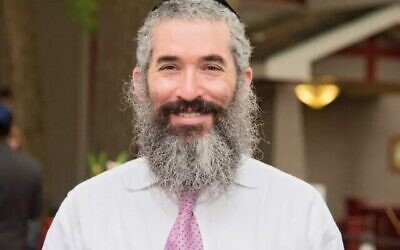
Contingency plans? “If things are more challenging, then we’ll do our best as we did last year. However things turn out, we’ll be here for the entire community. We’ll accommodate everyone and anyone.”
Reform
Temple Beth Tikvah, Roswell
The synagogue is “strongly encouraging masks and social distancing within the main sanctuary,” said Rabbi Alexandria Shuval-Weiner, who is also president of the Atlanta Rabbinical Association. “We are also providing outdoor service options especially geared to families for the safety of our children. If we need to return to a full mask requirement, we are ready to do so.”
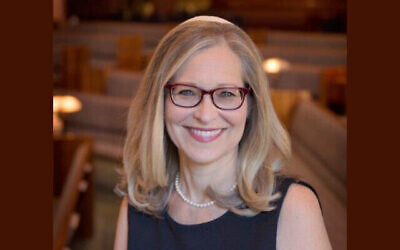
She said the congregation surveyed its members and “believe that we will have a large percentage who will participate online with a smaller in-person attendance.”
Like the other rabbis the AJT polled, her concern is about “the significant surge of Delta variant right as schools are reopening. I think many people will want to return to smaller pods, shrinking the number even more so of those willing to come into the building. … Yes, we are preparing for last-minute contingency plans should we need to pivot quickly.”
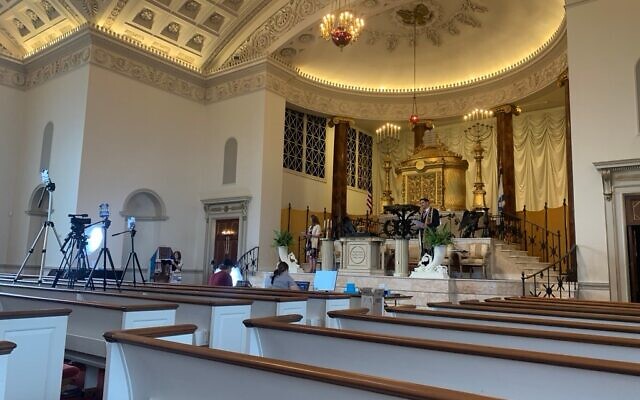
The Temple, Atlanta
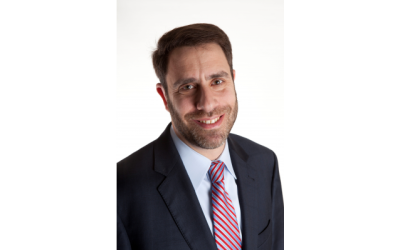
We often say, regarding COVID, “this is the new normal,” said Rabbi Peter Berg. “For us, the new normal means that we have emerged into a multi-access congregation. Many of our programs, classes and worship experiences will be available both virtually and in person. We have made a major investment in technology, which will allow us to serve our members and the community wherever they may be.”
Congregation B’nai Israel, Fayetteville
“As of this moment, we are planning both in-person and virtual access to our services, with in-person being limited seating and requiring a reservation,” said cantorial soloist Susan Burden. “Congregants are given first priority, but after the reservation deadline ends, we will begin adding names from our guest waiting list.
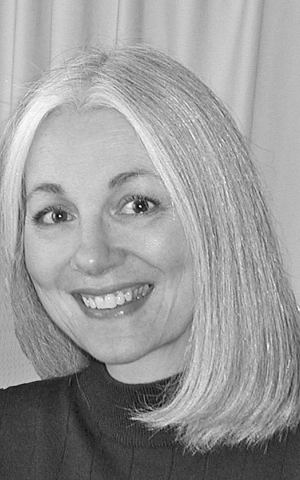
“We require masks for everyone in attendance, including clergy. We are using physical distancing, which will limit our seating capacity greatly.“
Burden estimated seeing 70 to 75 in person and 50 to 75 virtually. “However, more are continuing to attend Shabbat services virtually, even though we have re-entered our building this summer, so we cannot be certain of any estimate. We have an aging population, which contributes also.”
To ensure the safety of those in attendance, Burden said, “We will be modifying our services to remove some of the interactive activities that have usually been part of our HHD worship, in an effort to cut down moments of exposure.
“Also, with reservations needed, it is difficult to recruit participants in advance, since we cannot know who will attend in person until the final week or so. We are unsure how to handle the possibility that some congregants may sign up for all services available, leaving other congregants with no in-person service available at all. Do we limit reservations to only one service per holiday? We will hopefully not have that scenario to face, but we are working out a plan, in case.”
What else has changed? “We cannot hold our annual Rosh Hashana Luncheon, which is one of the highlights of our community. Experiencing a meaningful service while all are masked might be more difficult for some participants.
“We ordered and used ‘Mishkan Hanefesh’ last year for the first time and made a special effort to distribute the machzor to our congregants, which were later returned to us. If we need to go virtual again, or for those watching virtually, we will have more problems regarding this issue.”
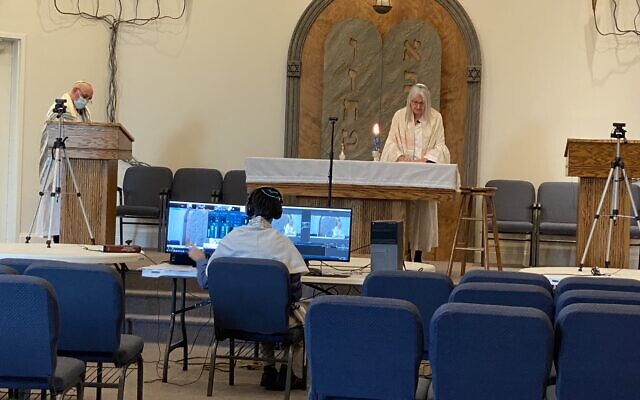
Another concern Burden expressed is: “The rapidly changing health guidelines and data is making many congregants confused and frustrated at a time when they need to feel part of the community.”
Contingency plans? “Yes, we can be completely virtual if necessary and can have some service participation components videotaped ahead of time. We did all virtual last year with this method and it was successful.”
- Roni Robbins
- The Temple
- Ahavath Achim Synagogue
- Congregation Beth Shalom
- congregation etz chaim
- Congregation Ohr HaTorah
- Chabad Intown
- temple beth tikvah
- Congregation B'nai Israel
- COVID
- Delta variant
- pre-pandemic
- COVID-19
- Vaccinations
- PCR test
- social distancing
- COVID Test
- Variant
- pandemic of the unvaccinated
- family programming
- rosh hashanah
- Yom Kippur
- outdoor programming
- Masks
- in-person Services
- Rabbi Mark Zimmerman
- High Holiday
- attendance policy
- Bimah
- Choir
- Rabbi Daniel Dorsch
- torah
- Neighbors
- friends
- children
- medical committee
- medical professionals
- rabbi adam starr
- Mask - Optional
- contingency plan
- Rabbi Eliyahu Schusterman
- Hashem’s hands
- Rabbi Alexandria Shuval-Weiner
- Atlanta Rabbinical Association
- Families
- School
- Rabbi Peter Berg
- Technology
- Cantor Susan Burden
- Shabbat
- Reservation
- Sharon Hudgins
- Kol Nidre
- Ralph Ellis
- Angela Ellis
- Jonathan Burden
- Rabbi Lou Feldstein
- Synagogue Guide
- Community



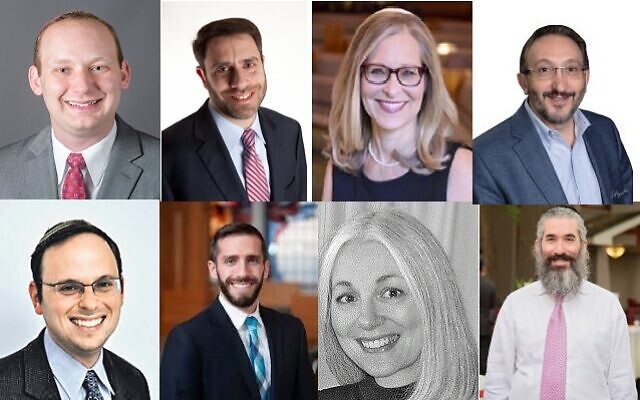
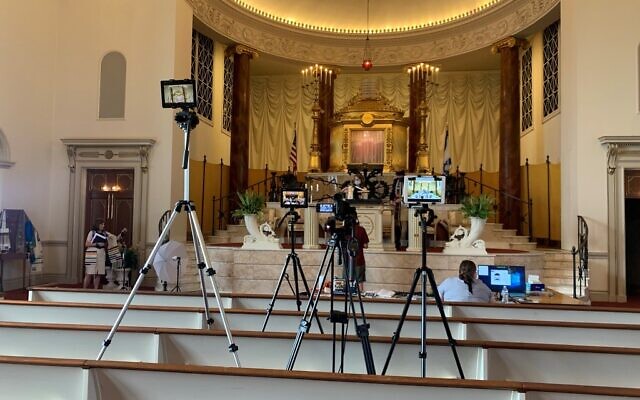
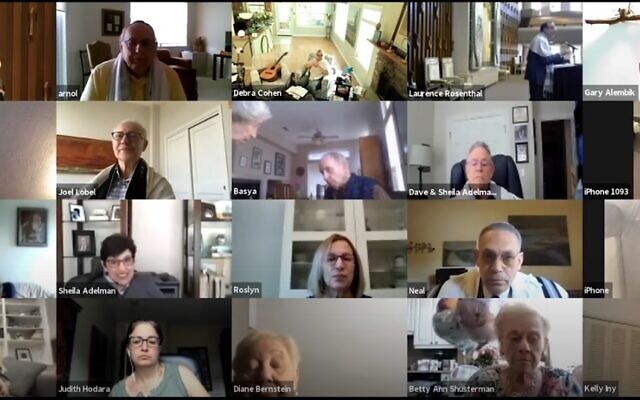
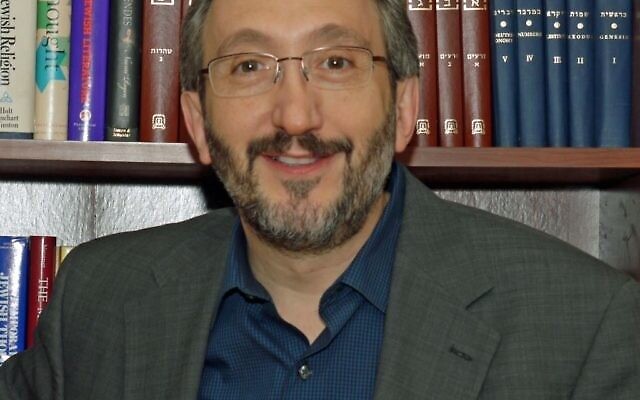
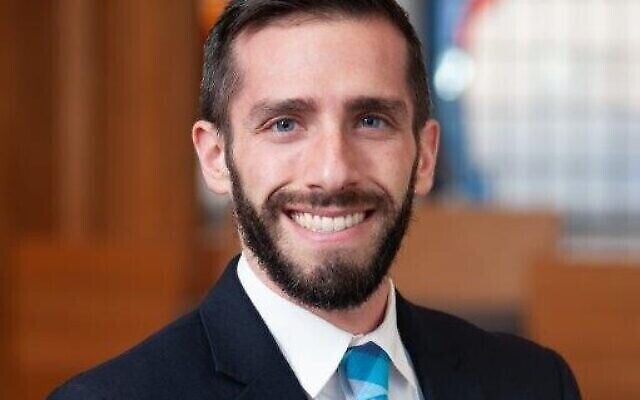
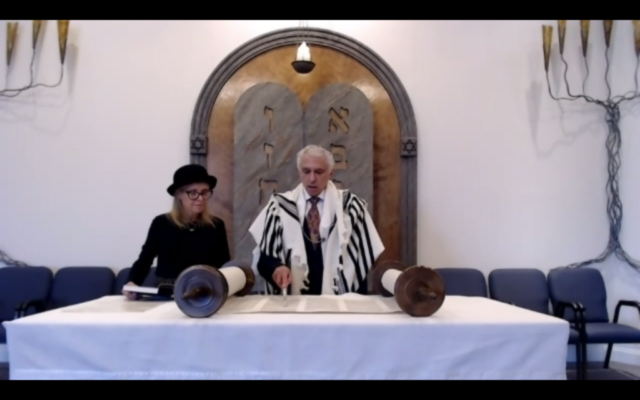
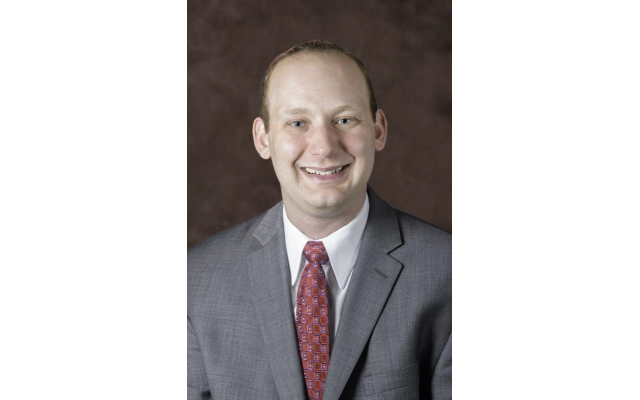
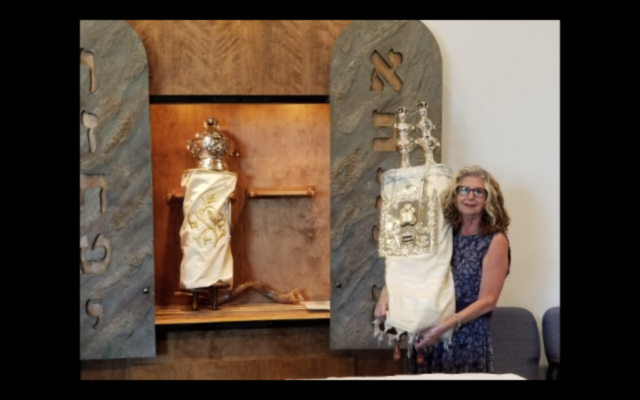
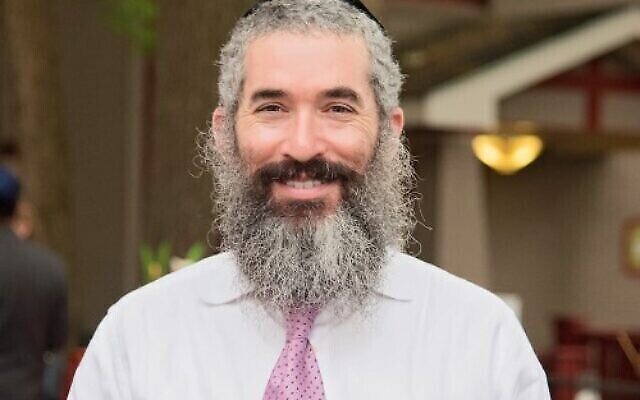
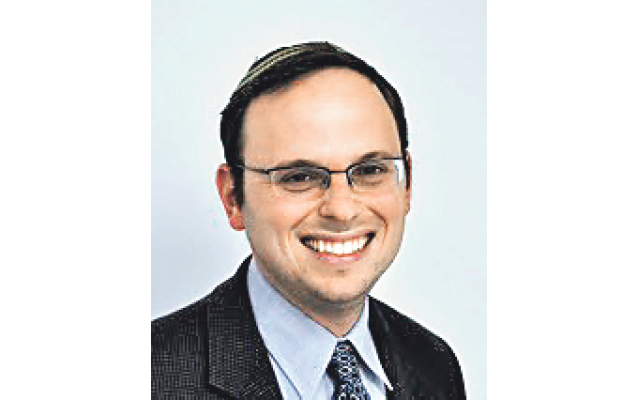
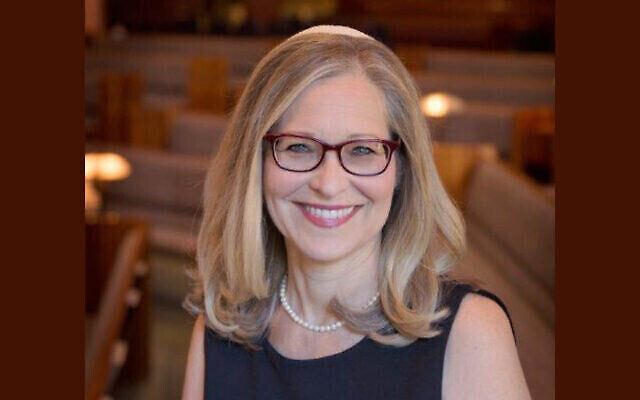
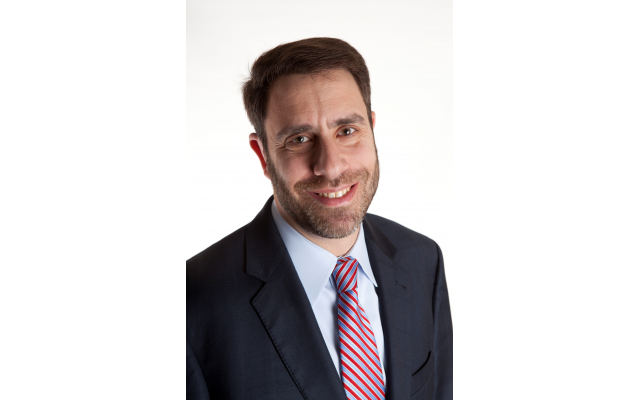
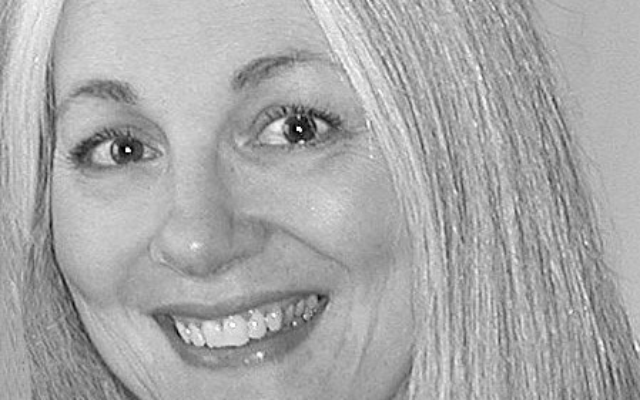
comments